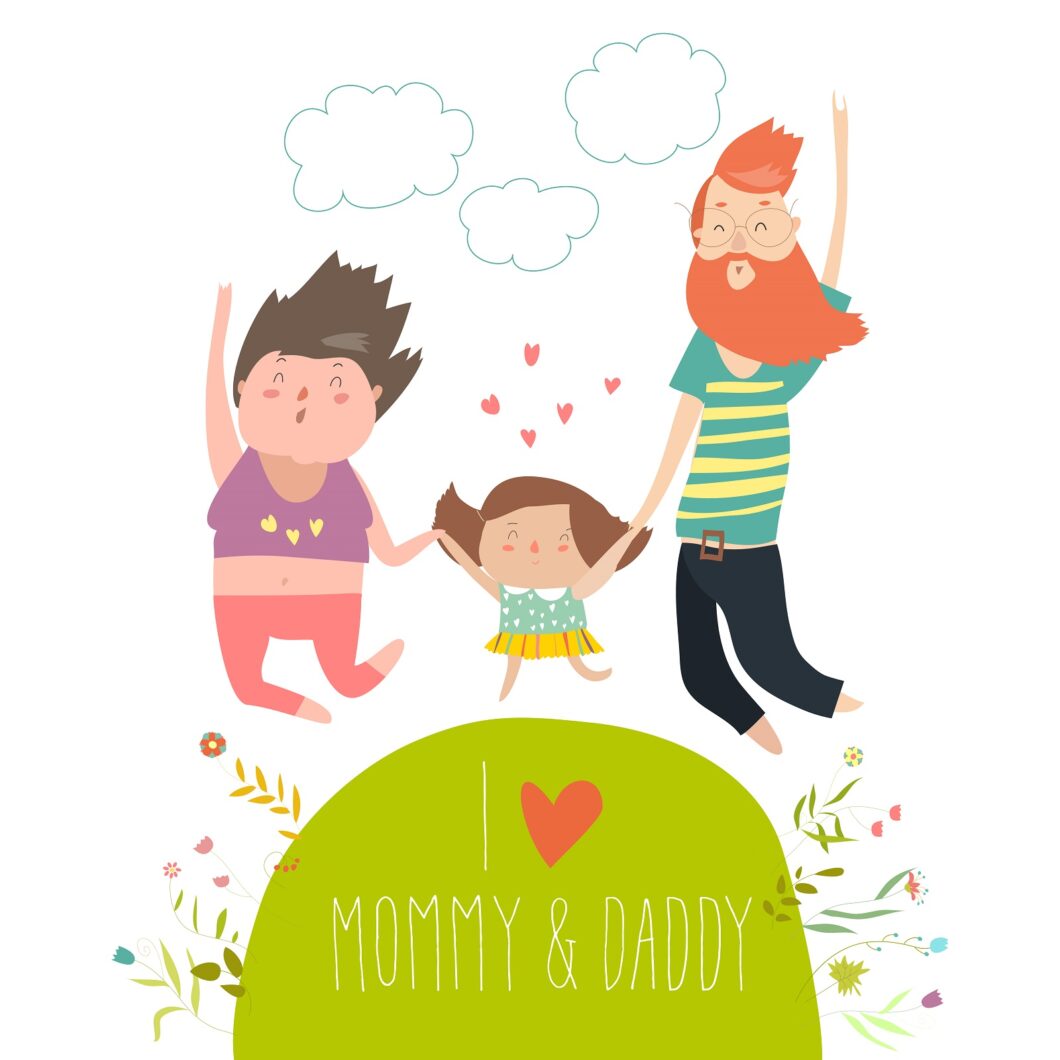Here is how you can become one!
As sensitizing and intriguing the word PARENTHOOD may sound, it’s one of the biggest responsibilities you can ever come across. To raise an empathic, sensitive, responsible, and self-sufficient being is fulfilling to another level. But the course that you’ve to run through to achieve this isn’t the easiest one.
Most often parents find themselves in a fix because there isn’t a set pattern as to how a child must be raised, or how to be a great parent. Having said that, a point of commonality between all parents is that they want to be the best for their kids.
Here are some tips that can bring you closer to your goal.
1. Your child is singular- Dodge comparisons
The golden rule of parenting is acceptance without the need for undue comparisons. Your child’s progress or developmental process is unique in its own way. You cannot evaluate it on someone else’s parameter.
For instance, you can weigh your child down by the pressure of comparison just because he cannot learn alphabets as fast as one of his toddler friends can.
A child’s growth is so fast that one skill set is bound to develop before the other. Your child might learn to crawl sooner, while one of his counterparts may learn to speak first.
Both motor and cognitive skills come at different paces for each individual. They are aligned with your own personality traits as well. Like, an inherently shy individual will learn to speak later than an extrovert. And that’s what you need to acknowledge as parents.
2. He is a human too- Let him make Mistakes
Which parent doesn’t shield his toddler against possible mishaps? But is it always healthy?
Well, this is the commonest parenting issue that pops up. Parents, in the urge to avoid any unpleasant experience, guide their toddlers. This pushes them away from falling on the verge of failure and then learning.
For example, when your child first learns to sip water from a glass, you tend to hold it for him in order to avoid spilling. However, this doesn’t let him understand cause-and-effect.
It’s better to let them make mistakes and then wire their brain themselves to understand right and wrong.
3. Practice what you preach- be a good model
When they say your children are your own reflection, it’s because they copy everything you do. As toddlers, their brain processes imitation better. So if they see you lying, they will think of it as a favourable trait and begin imitating that.
So practice positive behaviour, empathy, and respect in front of your child. And just see your child following your footsteps.
4. Avoid Rigidity- Introduce Effective Parenting Style as per Need
As your child grows, his needs from you as a parent changes. For example, if your child once enjoyed your company more, he might make a transition to liking his peers better.
And that’s when you need to mould yourself as the need suggests. It’s better to take up the role of an understanding friend at that stage rather than being an authoritative parent.
The more open you’re in including changes in your parenting style, the more relevant your parenting will be to your child.
5. Open the Communication Gate- Your Child should be able to Say it all
Most parents do not even acknowledge the barriers they have laid in the path of communication with their child. Due to these obstacles, your child might not share all his emotions with you. For example, if you have always reacted aggressively to your child’s mistakes, then he might not confess a mistake at all. In the long run, such blockages can distance you from your child.
So ensure that your child knows that you’ve got his back, no matter what. And he’ll choose you for every kind of conversation.
6. Don’t use Materialistic Reinforcements- Educate about Inherent Goodness
Do you also hand out gifts to your child when he performs well in exams? Well, that’s most of the parenting population. As parents, we always tend to feel that the best way to have our child act as and how we want is by offering materialistic reinforcements. This can be chocolate, a gadget, etc. It may produce short term results, but is very harmful in the long run.
You are basically training your child to perform well for goods they get afterwards, and not because it adds to value to their life. Your approach should rather help discover inherent goodness and happiness, and perform tasks/activities for the sheer joy they derive from it.
7. Help them Tag Feelings- Make them Conscious of their Emotions
We have well-defined categories for what emotion is positive and what is negative. For instance, anger is negative and happiness is positive. So whenever something upsets your child and he inclines towards anger, you always pull him out of that zone by stating that it isn’t right to get angry or express anger. This may lead to suppression of emotions.
A better way is to tell him to acknowledge that he’s angry and the ways in which he can calm himself down.
8. You aren’t a Superhuman- Know your Parenting Limitations
Perfection is a myth that we all run after. And in that race of being perfect as a parent, you may be too hard on yourself. Know your strengths, acknowledge your weaknesses, and start working upon them.
For instance, you might be great at loving your child, but you do not spend as much time with him. As you acknowledge this, make a step towards the change and spare more time for your baby.
Conclusion
Parenting isn’t as easy as it may look like, you do not need to know all of it. Forgive yourself for the mistakes you make, learn from them, and take a step each day towards becoming a better parent.

